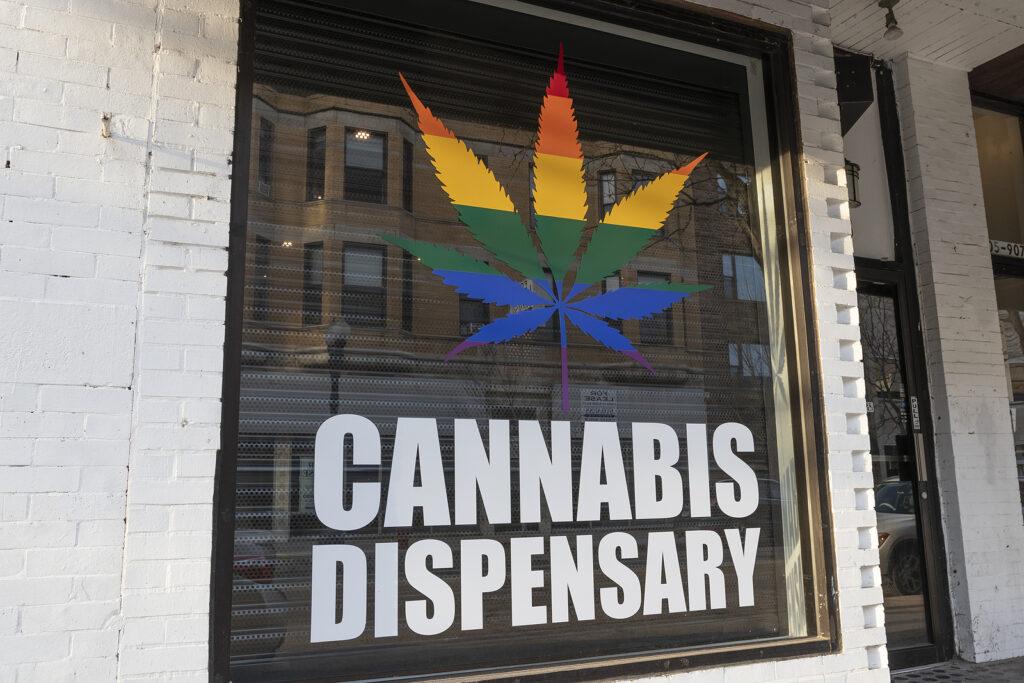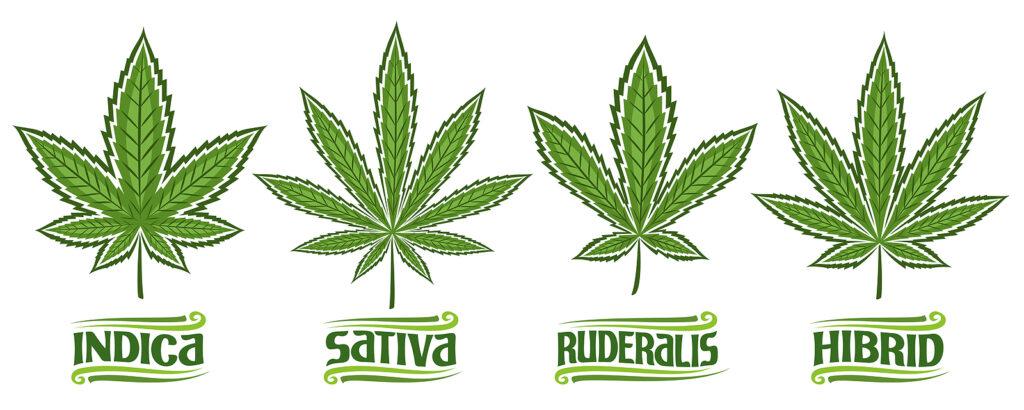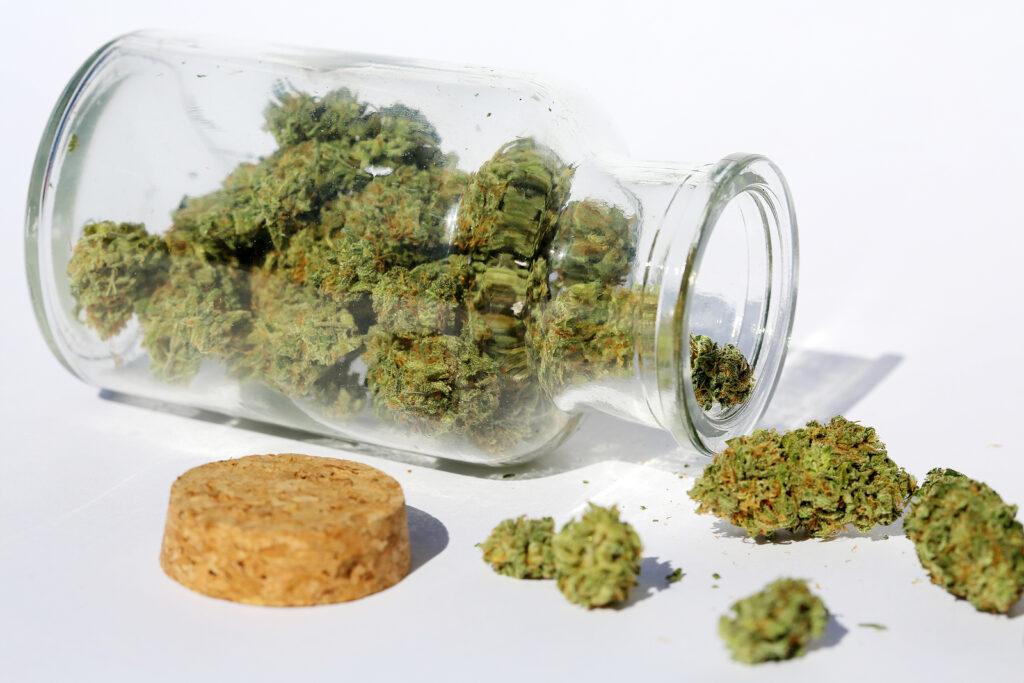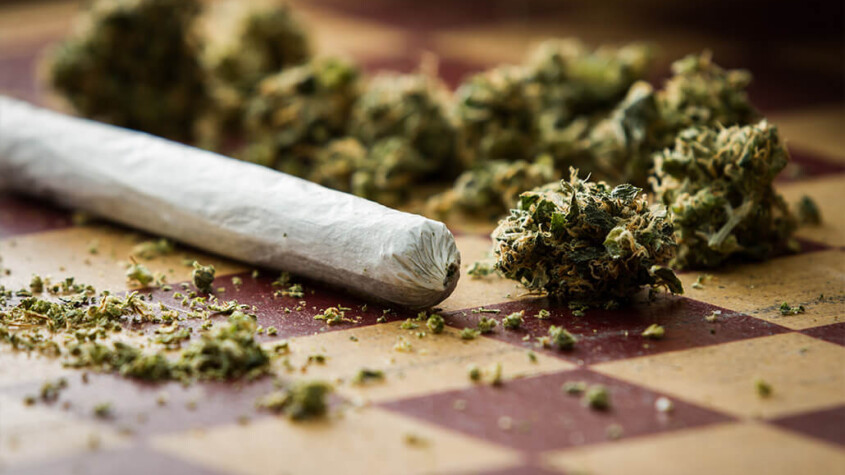Legalized Cannabis Addiction
Has Legalization of Recreational Marijuana Increased Cannabis Addiction and Marijuana Addiction?

There’s no doubt that cannabis addiction and marijuana addiction have reached epidemic proportions in the United States. More people are using cannabis, more people are using higher potency cannabis, and more people are becoming addicted to cannabis. As more states in the U.S. have legalized marijuana use, concerns about cannabis addiction and marijuana addiction have risen sharply. Many opponents of legalization believed that legal marijuana would lead to an increase in cannabis and marijuana addiction, as well as other problems, such as driving under the influence of drugs and alcohol.
What is Cannabis (Marijuana)?
Cannabis is also known as marijuana. It is the dried leaves, flowers, stems, and seeds from a plant called Cannabis sativa. It can be smoked (in hand-rolled cigarettes or pipes), used in baked goods, or brewed for tea. If you’re concerned about possible dangers to your health after smoking cannabis or taking marijuana-based products, you should talk to your doctor. However, cannabis use is not benign and can have significant consequences.
Learn more about cannabis dependence, cannabis addiction, recreational cannabis dangers, recreational marijuana dangers, and marijuana dependence.
Cannabis dependency occurs when someone builds up a tolerance for cannabis and needs more of it to get high. Cannabis withdrawal symptoms may include irritability, insomnia, nausea, and diarrhea. Symptoms may last up to one week before ending completely. Some people might experience symptoms within just 24 hours without cannabis consumption. This is due to low levels in their system even though they were not physically dependent on it.
Is Legal Cannabis Causing Addiction?

According to a study conducted by University College London and King’s College London, legal recreational cannabis use increases cannabis addiction. In states with legalized recreational marijuana and cannabis, there is an increase in cannabis addiction and dependency. The rates for cannabis addiction are 16% higher in those states than in states without legalized recreational marijuana and cannabis. The researchers attribute this difference to social desirability. This refers to the feeling that admitting marijuana dependence would bring shame or embarrassment. However, experts say it may be due to recreational marijuana dangers like physical dependence. This can lead to mental health problems. Recreational cannabis dangers include addiction and dependency as well as psychosis. This includes a significantly increased risk of developing schizophrenia compared to the general population.
How Do Addiction Psychiatrists Treat Marijuana Addiction?
If you have a cannabis addiction or believe that you may have one, it is important to seek professional help. The best course of action for cannabis addiction treatment is different for each person. This will depend on a number of factors. There are also many different theories on how cannabis addiction should be treated. Addiction psychiatrists like Stephen Gilman, MD will try to understand your unique situation in order to come up with the best plan possible. They might do an in-depth assessment with questions about when the habit started, how often cannabis use occurs, your relationships with others including family members and friends, thoughts about the habit, success at school or work, and more. Sometimes addiction specialists will offer treatment plans before determining if they think marijuana addiction exists based on your answers because they want to give you options if it does exist.
Challenges for Treatment Providers
In the states where marijuana has been legalized, those working in addiction treatment have seen an increase in demand for substance abuse treatment from people with cannabis use disorder. In some parts of the country, there are not enough people trained to work in these types of settings to accommodate all of the new clients coming in. This leaves drug and alcohol rehabs, which typically serve more traditional substances like heroin or cocaine, stretched thin. In a 2018 survey conducted by the American Society of Addiction Medicine (ASAM), they found that almost half (44%) of physicians surveyed felt that increased access to medical and recreational marijuana led to increased rates of cannabis use disorders among adults. They also found that 43% felt legalization led to higher rates of adolescent cannabis use disorders.
Am I Addicted to Cannabis or Weed If I Can Stop for Periods of Time?
Most people use cannabis or weed for a long time before they are physically addicted. To be clear, you don’t have to go cold turkey to find out if you’re addicted! Just stop using it for a week or two. If you can’t deal with withdrawal symptoms on your own without marijuana, there is a good chance that you’re addicted. Physical addiction usually starts as tolerance builds up. Thus, making it harder to feel the effects of cannabis or weed after repeated use.
Withdrawal from marijuana will depend on how often someone uses the drug. For example, those who only smoke weed occasionally may not experience withdrawal symptoms when they quit smoking weed because their tolerance is low. But if someone smokes a lot every day, they will likely experience at least some discomfort when trying to quit weed. Symptoms include sleeplessness, irritability, depression, and headaches – much like alcohol addiction withdrawal.
Why am I Addicted to Weed Marijuana, but Not Alcohol or Other Substances?
The reason cannabis addiction is so addictive for some compared to other drugs is because there are a number of factors that make it such an attractive drug. These reasons include:

- The short duration between taking the drug and feeling its effects
- The ability to avoid serious, potentially life-threatening withdrawal symptoms when quitting
- The simple fact that it’s less expensive than some legal substances like alcohol.
There are also numerous medical dangers associated with marijuana use or cannabis use. These include damage to the heart and lungs, memory loss, reproductive system damage (including infertility), and mental health issues including schizophrenia-like disorders. As for psychiatric dangers associated with marijuana use or cannabis use, studies have shown that frequent marijuana users are more likely to experience psychotic episodes as well as feel detached from reality or lose touch with reality altogether.
Begin Receiving Support for Marijuana Abuse in New York, NY
As an addiction therapist in New York, NY, I understand how hard it can be to overcome addiction. You may not beleive you are addicted to cannabis. But, recognizing the warning signs is the first step in receiving the support you deserve. I would be honored to offer support from my NYC, Manhattan-based practice. I offer in-person and online therapy across the state of New York. To start your therapy journey, please follow these simple steps:
- Contact Stephen Gilman, MD
- Learn more about me and my approach to treatment
- Start addressing addiction and receiving the support you deserve
Other Services Offered with Stephen Gilman, MD – Addiction Psychiatrist in NYC, Manhattan
As an online psychiatrist in New York, NY, I offer a variety of services in person and online for a wide variety of clients. I offer general psychiatry and many forms of addiction treatment including young adult psychiatry, adult psychiatry, opioid addiction treatment, and alcohol addiction treatment. In addition, I’m also happy to offer prescription drug addiction treatment, cocaine addiction, and meth addiction treatment, behavioral addiction treatment, PTSD treatment, drug addiction treatment, and marijuana addiction treatment. Learn more about me or visit my blog for more helpful info.



